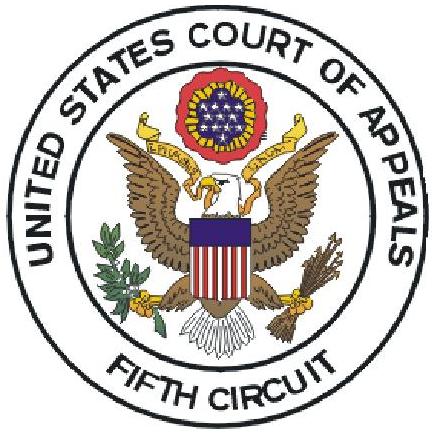

His research explores issues relating to neuroethics, enhancement, human embryo research, assisted reproduction, abortion, and end-of-life decision-making. Snead, who also directs the University of Notre Dame’s de Nicola Center for Ethics and Culture, is one of the world’s leading experts on public bioethics - the governance of science, medicine, and biotechnology in the name of ethical goods. “So Texas law is not only valid under the Constitution and Supreme Court precedent - it’s also more permissive than the overwhelming majority of laws around the world.” “Texas does not ban abortion until 22 weeks,” the judge concluded.

So ‘92 percent of all countries presumptively ban abortions at 12 weeks or less.’ According to Carter Snead, one of the nation’s leading scholars on public bioethics and an expert witness in this case, ‘132 countries out of 194 that I looked at ban abortion outright, at all gestational stages, with certain exceptions defined by law,’ while 178 countries generally ban abortion after a gestational age of 12 weeks. “Someday, scientists may look back on today’s abortion debates as shocking and barbaric - just as we look back in disbelief at those who ridiculed and ostracized proponents of handwashing and sterilizing surgical instruments to prevent disease and infection,” Judge Ho wrote. Ho quoted Professor Snead in the concurring opinion. The decision in the case, Whole Woman’s Health v. The procedure, officially named “dilation and extraction,” is referred to as “live dismemberment” in the challenged Texas statute. Court of Appeals for the Fifth Circuit in a case upholding a Texas ban on a second-trimester abortion procedure. Carter Snead was quoted last week in a major decision by the U.S.


 0 kommentar(er)
0 kommentar(er)
